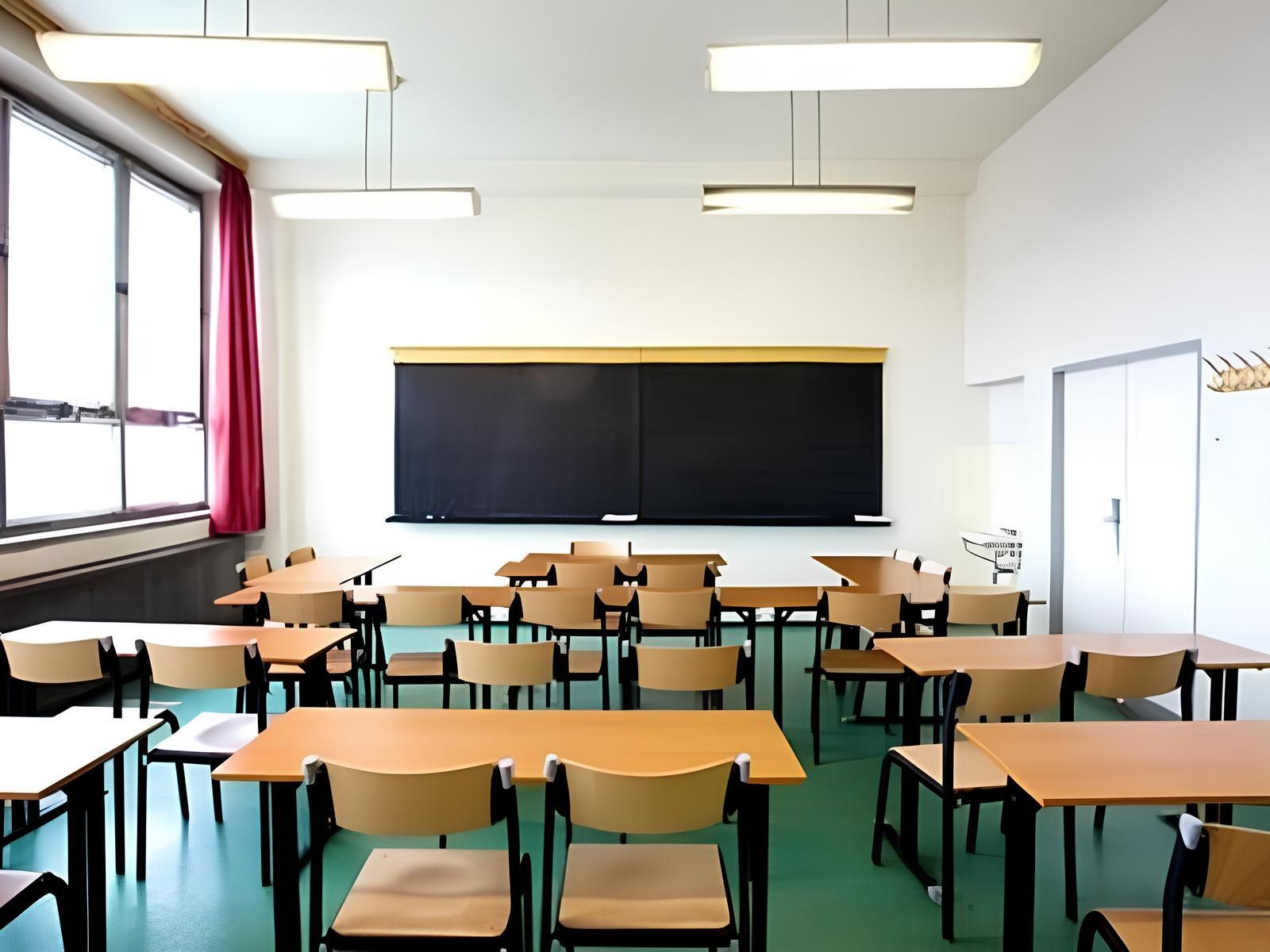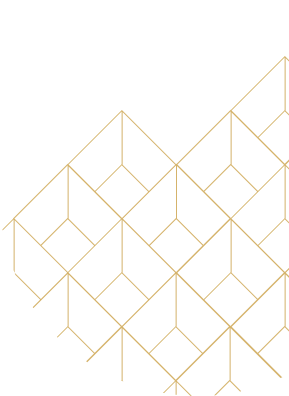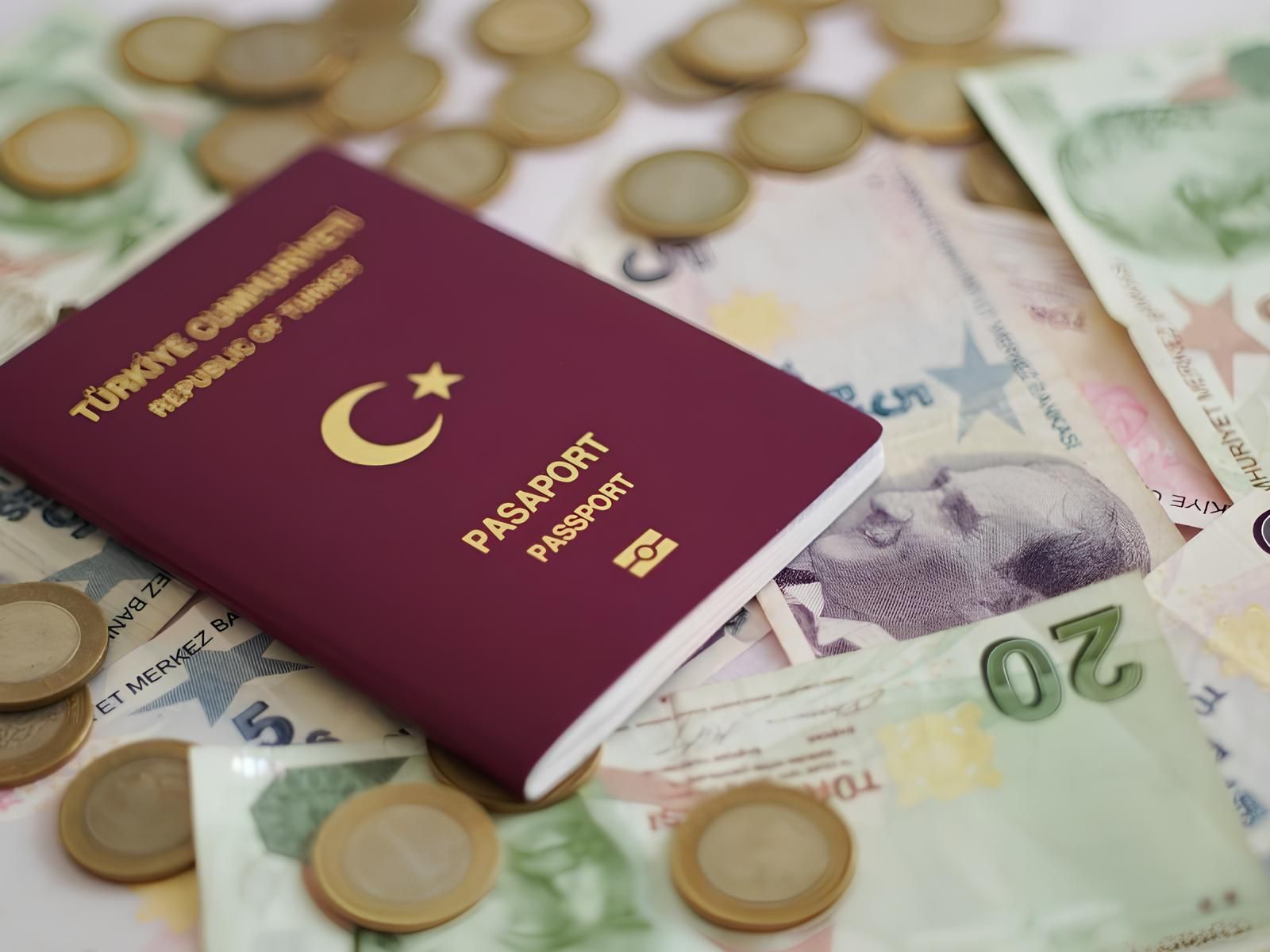What is the Education System in Türkiye?
Guide in Türkiye

Türkiye's education system is a dynamic and multifaceted framework that plays a crucial role in shaping the country's future. With a rich historical backdrop and a commitment to modern educational practices, Türkiye has developed a system that aims to provide quality education to all its citizens. From early childhood education to higher education, the structure encompasses a wide range of institutions, curricula, and pedagogical approaches. In this blog, we will explore the key components of Türkiye's education system, examining its stages, policies, and challenges, as well as the innovative practices that are emerging in this ever-evolving landscape. Join us as we delve into how Türkiye is striving to equip its youth with the skills and knowledge necessary for success in a globalized world.
General Structure and Levels of Education System in Türkiye
The education system in Türkiye is structured into several distinct levels, each designed to cater to the developmental needs of students. It begins with preschool education, which is not mandatory but highly encouraged for children aged 3 to 6, laying the foundation for early learning and socialization. Following preschool, students enter primary education at age 6, which lasts for eight years and is compulsory. This stage focuses on basic literacy, numeracy, and essential life skills. After completing primary education, students progress to secondary education, which is divided into two cycles: the first three years are spent in general secondary schools, while the last year can be spent in vocational or technical schools. Finally, students who successfully complete secondary education can enroll in higher education institutions, including universities and vocational colleges, which offer a variety of undergraduate and postgraduate programs. This structured approach aims to ensure that all students receive a comprehensive education that prepares them for both the workforce and further academic pursuits.
Preschool and Primary Education Stages: Basic Information
In Türkiye, preschool education serves as the initial stage of the educational journey, catering to children aged 3 to 6. While not mandatory, it plays a vital role in early childhood development by promoting social skills, emotional growth, and foundational learning through play-based activities. Preschools may be public or private, offering various programs that emphasize creativity, communication, and basic cognitive skills.
Following preschool, children transition to primary education at age 6, which is compulsory and lasts for eight years. This stage is divided into two cycles: the first four years focus on developing core skills such as reading, writing, and mathematics, alongside subjects like science, social studies, and art. The remaining four years build on these foundations, introducing more complex concepts and encouraging critical thinking. Primary education aims to equip students with essential knowledge and skills, fostering a love for learning and preparing them for secondary education. Overall, both preschool and primary education in Türkiye are designed to provide a strong educational base, setting the stage for future academic success.
Different Options for Secondary and High School Education
In Türkiye, secondary education offers a variety of pathways to accommodate diverse student interests and career aspirations. This stage is divided into two main types: general secondary schools and vocational or technical schools.
General Secondary Schools: These institutions provide a broad academic curriculum, focusing on core subjects such as mathematics, science, literature, and social studies. Students typically attend general secondary schools for three years, culminating in the Higher Education Institutions Examination (YKS), which is required for university admission.
Vocational and Technical Schools: These schools are designed for students interested in specific trades or professions. They offer practical training and theoretical knowledge in various fields, such as healthcare, engineering, and business. Vocational schools aim to prepare students for immediate entry into the workforce or further technical education.
Anatolian High Schools: A subset of general secondary schools, these institutions provide a more rigorous academic program, often with a focus on foreign languages and science. They are designed to prepare students for higher education and are considered prestigious options.
Science High Schools: These schools emphasize advanced studies in science and mathematics, catering to students with a strong interest in these fields. They aim to nurture future scientists and researchers.
Fine Arts High Schools: For students with a passion for the arts, these schools offer specialized programs in visual arts, music, and performing arts, blending artistic training with general education.
Each of these options is tailored to meet the diverse needs and aspirations of students, allowing them to choose a path that aligns with their interests and future goals. This multifaceted approach to secondary education in Türkiye promotes a well-rounded educational experience, preparing students for both higher education and various career opportunities.
Higher Education System and University Options in Türkiye
Türkiye's higher education system is robust and diverse, offering a wide array of universities and programs to cater to the academic and professional aspirations of students. The system comprises both public and private universities, as well as vocational colleges.
Public Universities: These institutions are funded by the government and typically offer a range of undergraduate and postgraduate programs. Public universities are known for their competitive admission processes, often requiring students to pass the Higher Education Institutions Examination (YKS). They provide a comprehensive education across various fields, including humanities, sciences, engineering, and social sciences.
Private Universities: These institutions operate independently and charge tuition fees. They often offer smaller class sizes and more personalized education. Many private universities also provide various scholarships and financial aid options to attract students. Like public universities, they offer diverse programs, often with an emphasis on practical skills and international collaboration.
Vocational Colleges: These institutions focus on providing practical training and education in specific fields such as healthcare, technology, and business. They typically offer two-year associate degree programs, preparing students for immediate employment or further studies.
Specialized Institutions: Türkiye also hosts various specialized universities, including those dedicated to arts, sciences, and technology. These institutions often have unique curricula designed to prepare students for specific industries, fostering expertise in niche areas.
The higher education system in Türkiye emphasizes quality and accessibility, with numerous options for students to pursue their academic and career goals. As the country continues to modernize its educational landscape, universities are increasingly focusing on research, innovation, and international partnerships, enhancing the overall quality of higher education in Türkiye. For those looking to invest in their future, there are various properties for sale that cater to students and families, making it easier to settle in this vibrant country. FOA Invest can assist in navigating the real estate market, ensuring a seamless transition for both students and investors.






